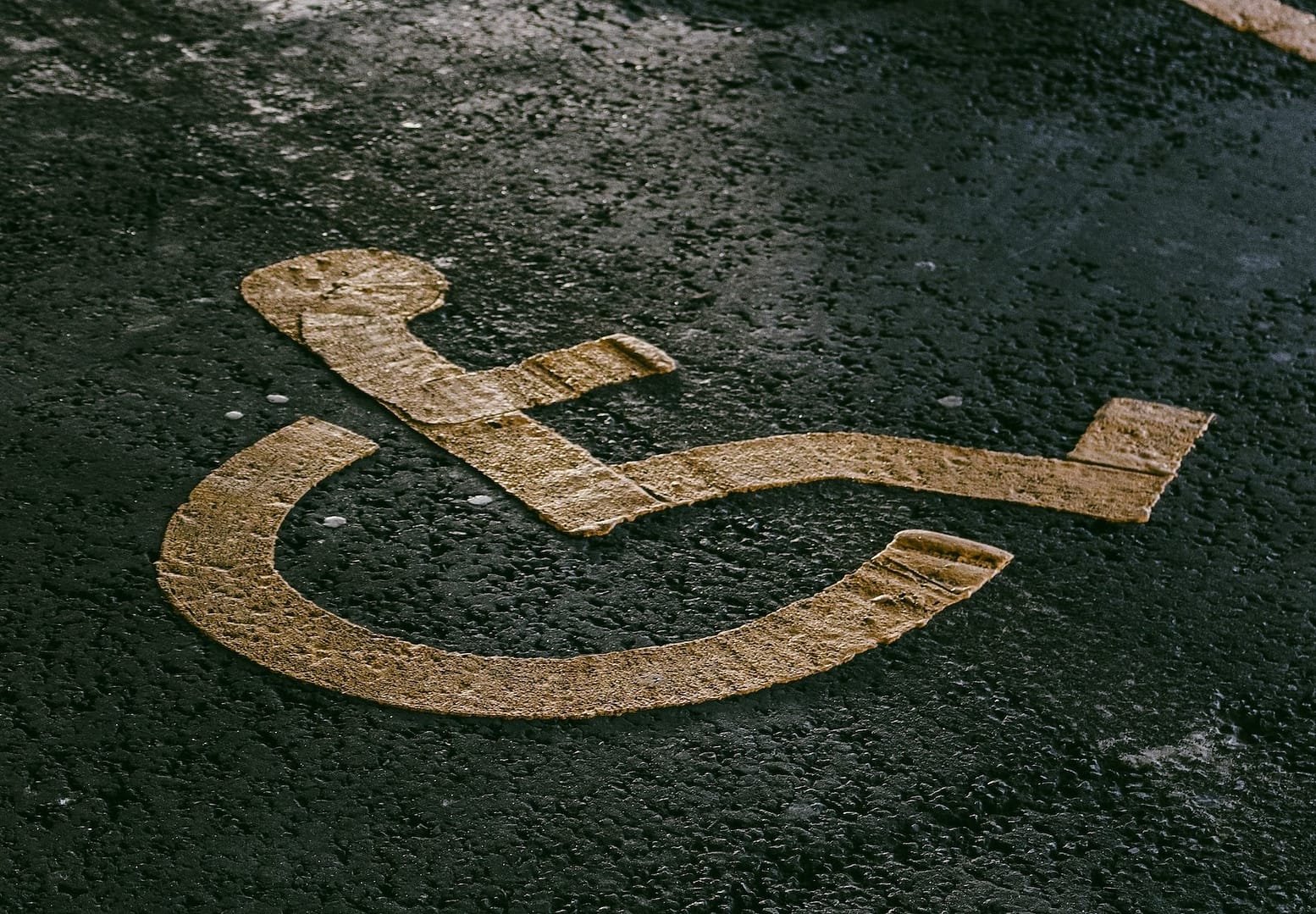The impact of housing disrepair on vulnerable groups in the UK is a growing concern that affects many individuals and families. Housing disrepair refers to the lack of maintenance and repair of a property, which can lead to unsafe living conditions for the occupants. This issue is particularly prevalent among vulnerable groups, including low-income families, elderly individuals, and people with disabilities.
What qualifies as unsafe living conditions in the UK?
Unsafe living conditions can range from minor issues, such as a leaky faucet or a broken window, to more severe problems, such as a faulty electrical system or a leaking roof. In the UK, landlords are required by law to ensure that their properties are safe and habitable for tenants. This includes providing adequate heating, ventilation, and lighting, as well as addressing any structural or safety issues.
Housing disrepair claims limitation period
If you are a tenant living in a property with housing disrepair issues, you may be entitled to make a claim against your landlord. However, it’s important to note that there is a limitation period for housing disrepair claims. This means that you only have a certain amount of time to make a claim after the disrepair occurred. The limitation period for housing disrepair claims is generally six years, but it can vary depending on the circumstances.
The impact of housing disrepair on vulnerable groups
Vulnerable groups, such as low-income families, elderly individuals, and people with disabilities, are often more likely to experience housing disrepair issues than other groups. This is because they may live in properties that are older, less well-maintained, or in areas with higher levels of deprivation. The impact of housing disrepair on these groups can be significant and wide-ranging.
Physical health
Housing disrepair issues can have a direct impact on the physical health of occupants. For example, damp and mould can lead to respiratory problems, while faulty heating systems can cause hypothermia. Elderly individuals and people with disabilities may be particularly vulnerable to these issues, as they may have pre-existing health conditions that make them more susceptible to illness.
Mental health
Housing disrepair issues can also have a significant impact on the mental health of occupants. Living in an unsafe or uncomfortable environment can be stressful and can exacerbate existing mental health conditions. This can lead to increased levels of anxiety, depression, and other mental health issues.
Financial strain
Vulnerable groups may also be more likely to experience financial strain as a result of housing disrepair issues. For example, if a tenant is unable to use their heating system due to disrepair, they may be forced to use more expensive heating methods, such as electric heaters, which can be costly. In addition, tenants may have to take time off work to deal with housing disrepair issues or may incur costs for alternative accommodation while repairs are being carried out.
Education and Employment
Children living in properties with housing disrepair issues may also be affected in terms of their education and future employment prospects. For example, if a child is living in a damp or mouldy environment, they may miss more school days due to illness, which can affect their academic performance. In addition, if a child’s home environment is unstable or uncomfortable, they may find it harder to concentrate on their schoolwork or may experience emotional distress that affects their ability to learn.

Tips for Gathering Evidence Around Housing Disrepair
If you are a tenant experiencing housing disrepair issues, it’s important to gather evidence to support your claim against your landlord. These tips can only help your claim as well as help us at National Claims to ensure that we are in the best possible position to help you in your claims process. Here are some tips for gathering evidence around housing disrepair:
Take photos and videos
One of the most effective ways to gather evidence of housing disrepair is to take photos and videos of the issues. This can include everything from damp and mould to broken windows and faulty heating systems. Make sure to date and label each photo or video so that you have a clear record of when the issue occurred.
Keep a record of communications
Keep a record of all communications between yourself and your landlord, including emails, letters, and phone calls. This can help to demonstrate that you have raised the issue with your landlord and that they have failed to take action.
Get a professional assessment
Consider getting a professional assessment of the housing disrepair issues. This can provide you with a more objective and comprehensive report that can be used as evidence in your claim. You can also get a free assessment from your local council or a housing charity.
Keep a diary of events
Keep a diary of events related to the housing disrepair issues. This can include details of when the issue first occurred, any repairs that have been carried out, and how the issues are affecting your daily life.
Gather witness statements
If other tenants in your building are also experiencing housing disrepair issues, consider gathering witness statements from them. This can help to demonstrate that the issue is not isolated to your property and that your landlord has failed to take action to address the issue.
By following these tips, you can gather strong evidence to support your claim against your landlord and increase your chances of getting the issue resolved.
Conclusion
In conclusion, housing disrepair can have a significant impact on vulnerable groups in the UK. From physical health issues to financial strain and impacts on education and employment, the consequences of living in an unsafe or uncomfortable environment can be far-reaching. It’s important that landlords take their responsibilities seriously and ensure that their properties are safe and habitable for all occupants, regardless of their background or circumstances.
Tenants who are experiencing housing disrepair issues should be aware of their rights and take action to address these issues as soon as possible. By working together, we can ensure that everyone has access to safe and secure housing in the UK.
Contact National Claims now to get a headstart on your housing disrepair claim.
Note: You can only make a claim if you are currently living in social housing.
Click below to see why we are one of the most trusted claims management companies in the UK.





